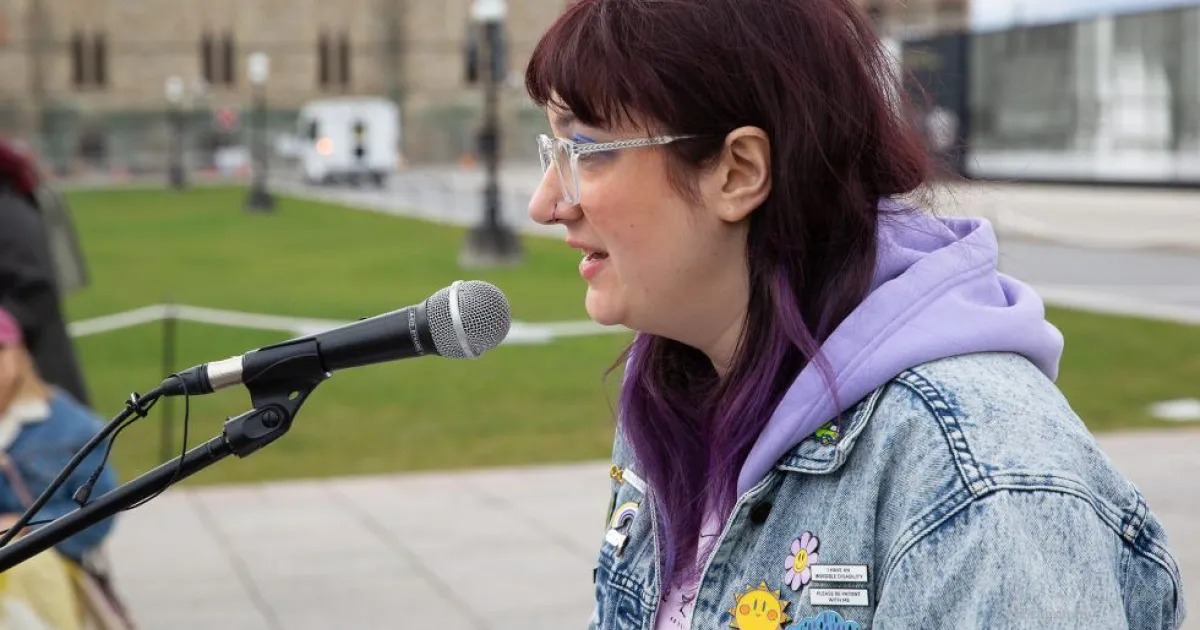As an Autistic person, finding my own career path has been a challenge.
Openly identifying as someone who has a disability can potentially be a double-edged sword. On one hand, I might face incredible discrimination in a traditional workplace; on the other, I may be treated as a token hire, which, without the proper supports in place, could take a massive toll on my mental health.
I eventually realized that I had no option other than to find a way to run my own business.
As it currently stands, BC Disability Employment Month (which happens every September and aims to highlight the role that disabled people play in the province’s workforce) avoids the mention of self-employment as a valid option. We don’t get much in terms of financial support. The very limited programs that exist encourage us to take out a loan—and yet, multi-billion-dollar businesses are handed large sums of money to hire disabled people. There is a concerning divide.
We need to start funding endeavours that are headed up by disabled folks if we are ever going to push forward the idea of self-sustainability and transformation in this space.
It feels like screaming into the void.
I design enamel pins, patches, stickers and more, all with a main focus on identity, disability, disclosure, and neurodiversity. The idea is a distinct, stackable system with communication in mind. These are pieces that can be worn on a lapel, hat, or bag strap, and can be gestured to if someone wants the opportunity to speak without using verbal words.
I have had little to no assistance getting my business up and running. I have reached out to notable Vancouver-based operators and experts, only to be quickly dismissed. I don’t know what the threat is and why there’s such a stigma towards disabled people being self-employed or creating opportunities for themselves.
Why are we, disabled people, constantly left as an afterthought? When it comes to funding self-sustaining endeavours, we are not considered or recognized. When we are looking for additional capital and resources to sustain ourselves—with a broad range of needs that are not being met—we have to fight hard to get anything.
I am baffled. The infrastructure to support us is just not there. Not federally, not provincially—not at all.
When I spoke at the Disability Without Poverty rally back in October of 2022, I was moved by all the speeches. When it came time for me to take the mic, I did not hold back.
Here’s an excerpt from my speech: “Currently, individuals on PWD [disability assistance] in British Columbia receive $375 for shelter costs—which is a strong message from the government that disabled people are not valued as humans, and are expected to live in unsafe, uncomfortable, or unsuitable environments. This is unjust and undignified. The average rent for a one-bedroom apartment in Vancouver is $2,000. This should not be a luxury.”
This still hasn’t changed. Due to some housing issues of my own, I have been researching suites in Vancouver, and $2,000 isn’t even a decent estimate; I’ve seen plenty of one-bedroom suites be priced closer to $3,000. Organizations like BC Housing have long waits and very inaccessible processes that have complicated language and confusing paperwork. Nothing is made to be very accessible.
Accessibility is not a one-size-fits-all situation, and it’s not limited to mobility—it also includes things like communication, which is often overlooked.
All this is to say: we deserve better. We deserve more funding, we deserve accessibility, and we deserve to be top of mind. Many of us have already waited so long for a tax-free cash supplement like the Canada Disability Benefit (which was proposed in 2020 and still has not taken effect), as well as increased funding for provincial disability.
We can’t afford to wait any longer.
Margaux Wosk is the founder of Retrophiliac. They are also an advocate, activist, and changemaker.
